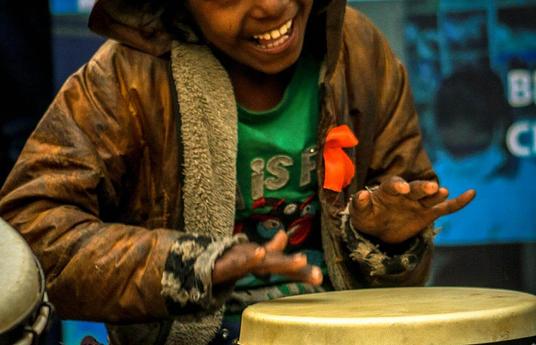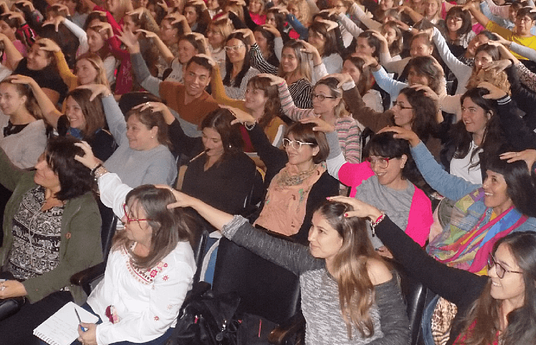"Our initiative was born from recognizing the need to equip the next generation for the 21st century's complexities. By blending STEM, inquiry, and project-based learning, we nurture skills like creativity and critical thinking. Aligned with the Sustainable Development Goals, we aim to transform students into proactive innovators and problem solvers, ready to face global sustainability challenges
The MOZA AMBASSADORS program stands as a model for interdisciplinary education where innovation is actualized. Partnering with esteemed entities like Qatar University and the Ministry of Environment, our initiative deeply integrates sustainability with essential disciplines including IT, English, and Science. This method ensures students apply their knowledge to real-world sustainability challenges.
Guided by the inquiry cycle, we instill curiosity, urging students to question, explore, and reflect. This cycle is fundamental to our inquiry-based and project-based learning, mirroring the problem-solving required in the future. Our students engage in projects that not only build their academic foundations but also foster critical skills needed for addressing global issues. Through this, the MOZA AMBASSADORS aim to cultivate innovative thinkers and problem solvers who are ready to contribute to a sustainable and equitable world.
In recent years, the MOZA AMBASSADORS program has achieved remarkable success, securing many global awards, gaining media recognition, and fostering community engagement. Our approach has catalyzed change and inspired others.
Our next steps focus on broadening student involvement, infusing our curriculum with the latest technologies, and deepening collaborative ties with academic and environmental institutions. We aim to influence policy, advocating for a curriculum that embraces STEM, project-based learning, inquiry-based learning and sustainability. As we move forward, our goal is to firmly establish the MOZA AMBASSADORS program as a leader in innovative education, preparing students globally to address the sustainability challenges of the future.
To implement the MOZA AMBASSADORS model, merge inquiry and project-based learning with STEM, leveraging online resources. Collaborate with parents, connect with Qatar University and the Qatar Scientific Club for support. Broadcast your successes to inspire a culture of sustainability and innovation. This approach sharpens critical thinking, enhances creativity, and boosts problem-solving skills



